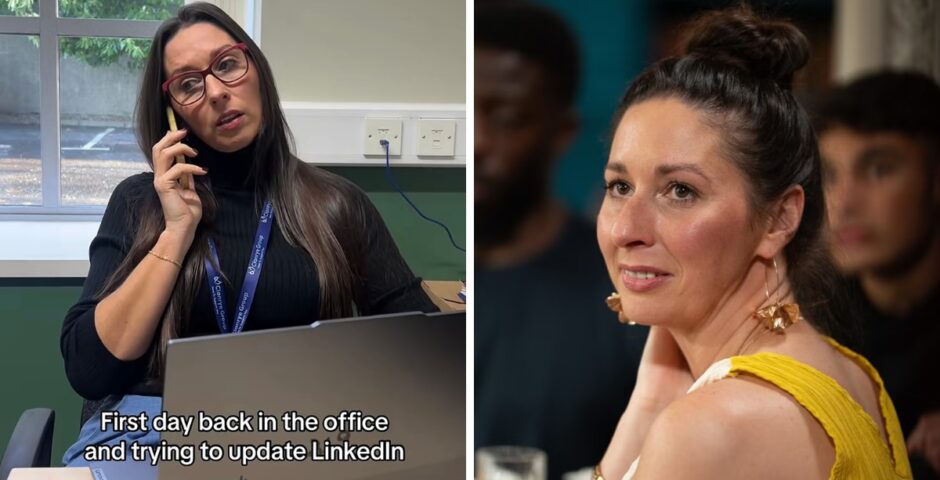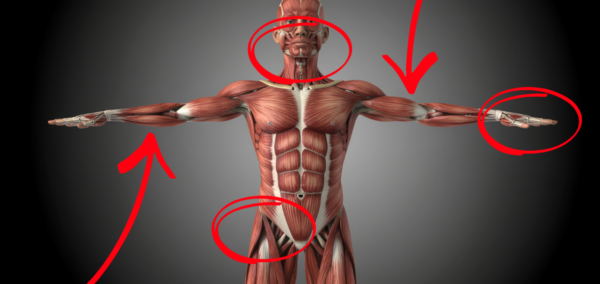
University of Manchester academics launch plan to tackle abuse of female runners
Their study found that the most common form of abuse was from men in vehicles
Academics at the University of Manchester have launched a plan to tackle the abuse of female runners.
The plan comes after two criminology professors at The University of Manchester, Dr Caroline Miles and Professor Rosemary Broad, found that 68 per cent of female runners have experienced abuse whilst exercising.
Their study, published by Policy@Manchester, reveals that violence – including physical and sexual assault, verbal abuse, being followed, indecent exposure, and harassment – affects more than two thirds of women surveyed.
Dr Caroline Miles and Professor Rosemary Broad found that Greater Manchester Police and Merseyside Police recorded 81 offences involving the abuse of women runners between January 1st 2021, and December 31st 2022.
The researchers drew their conclusions from police data, audio diaries, and a survey of 498 women in Greater Manchester and Merseyside.
The most common type of abuse experienced was verbal abuse (91 per cent), although 29 per cent of women also reported being followed, 10 per cent reported being flashed at and a further 20 per cent repored experiencing “other” forms of abuse, the most common being abuse from men in vehicles.
13 women (four per cent) said they had been physically assaulted seven women (two per cent) had been sexually assaulted whilst out running. No women reported theft crimes, which indicates that the motivation was related to gender rather than economic reasons.
Notably, just five per cent of participants reported this abuse to the police. Three key reasons contribute to the low recording rates: The normalisation of abuse against women, uncertainty about what constitutes a criminal offence, and a lack of confidence in the police response.
Most Read
The report underscores the lack of criminological research on women’s use of public spaces for exercise, calling for greater attention from policymakers with six specific recommendations. Among them are facilitating easier reporting mechanisms – possibly through a dedicated app – and urging police to improve communications with victims and encourage reporting.
The report also draws attention to the “Is This Okay” campaign, a Greater Manchester initiative aimed at challenging the attitudes and behaviours of boys and men that perpetuate gender-based violence.
Dr Caroline Miles and Professor Rosemary Broads believe that increasing confidence in the police would improve the accuracy of police data on the extent, nature, and distribution of incidents.
The academics suggest that this intelligence could be used to identify patterns of abuse and detect perpetrators.
Finally, the study pushes for collaboration with local authorities to make green public spaces safer and more accessible, and calls for the recognition of female runners as a a distinct group within the Violence Against Women and Girls (VAWG) agenda.
Featured image via Unsplash






















